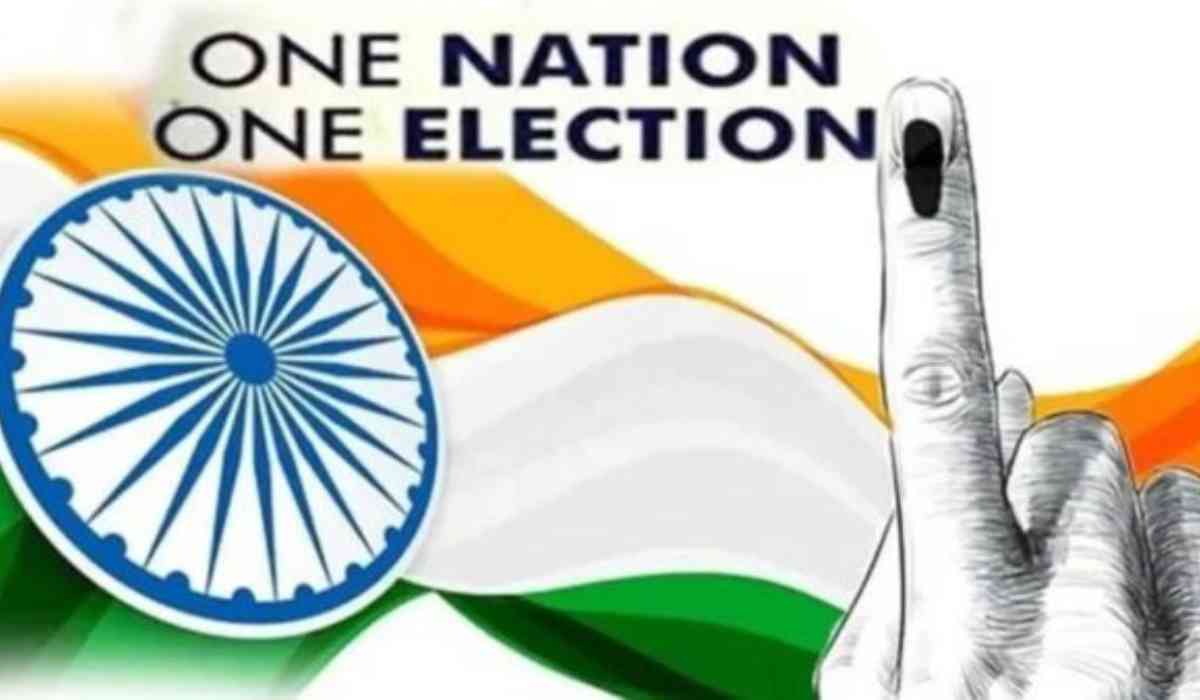The One Nation, One Election bill was today in the Lok Sabha. This bill is a potential proposal to synchronize election polling across the country. It intends to reduce the frequency of polls in the country, thereby aligning the elections in the Lok Sabha and state assemblies. This bill has sparked both appreciation and controversy.
What is the One Nation, One Election Bill?
This bill proposes that elections for the Lok Sabha, state assemblies, and local bodies can be done in a single election process which happened until 1967. Later it was dissolved due to political instability and dissolution of certain state assemblies which led to staggered elections. The bill aims to:
- Reduce the cost of holding Multiple elections.
- Streamline the Administrative office and for the voter's convenience enhancement
- Avoid disruption in governance which acts as a Model Code of Conduct (MCC)
What Happened in Lok Sabha Today?
The Union Law Minister Arjun Ram Meghwal introduced this bill today in Lok Sabha.
The Support
The ruling party welcomed the bill and emphasized the benefits and highlights of the bill which included reduced costs, strengthening democracy, and improving governance. They adhered to the point that the electoral process would be streamlined.
TDP MP ChandraSekhar Pemmasani supported the bill strongly. Shiv Sena member Shrikant Shinde criticised the resistance of the opposition to reforms.
The Opposition
The opposition reported on the feasibility and the constitutional challenges that lie ahead while implementing the bill. Their points were that federalism would be undermined and the government's autonomy would lose control over the varied timing of all the elections across the country.
Manish Tiwari, congress MP said that this bill utterly affects the basic structure of the constitution especially the democratic principles and federalism of the country. This is an attempt to usher the dictatorship, says Samajwadi Party MP Dharmendra Yadav.
The Committee:
DMK MP T.R. Balu and NCP (SP) leader Supriya Sule urged the bill to be referred to a parliamentary scrutiny. Congress MP Kalyan Banerjee said that the proposed Article 82 (5) will give more power to the Election Commission of India. So these ECI will decide how to hold the election.
What Next?
Ideas and suggestions were expected from a strong committee led by former President Ram Nath Govind. Their reports suggest simultaneous poll phases and common electoral processes across the country.
The bill is expected to be sent to the Joint Parliamentary Committee for further examination and consultation.
Conclusion
If the bill gets through examination, it appears that the Lok Sabha, State Assembly and local body elections will be held in the same year even if not at the same time. The panel has suggested holding elections for Lok Sabha and Assembly elections.
With inputs from agencies
Image Source: Multiple agencies
*The views expressed are personal to the author and do not reflect the platform's opinion of the same.
© Copyright 2024. All Rights Reserved Powered by Vygr Media.





















